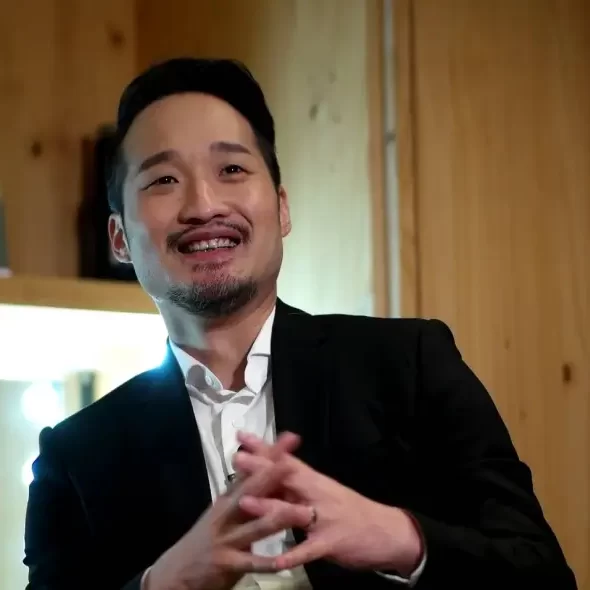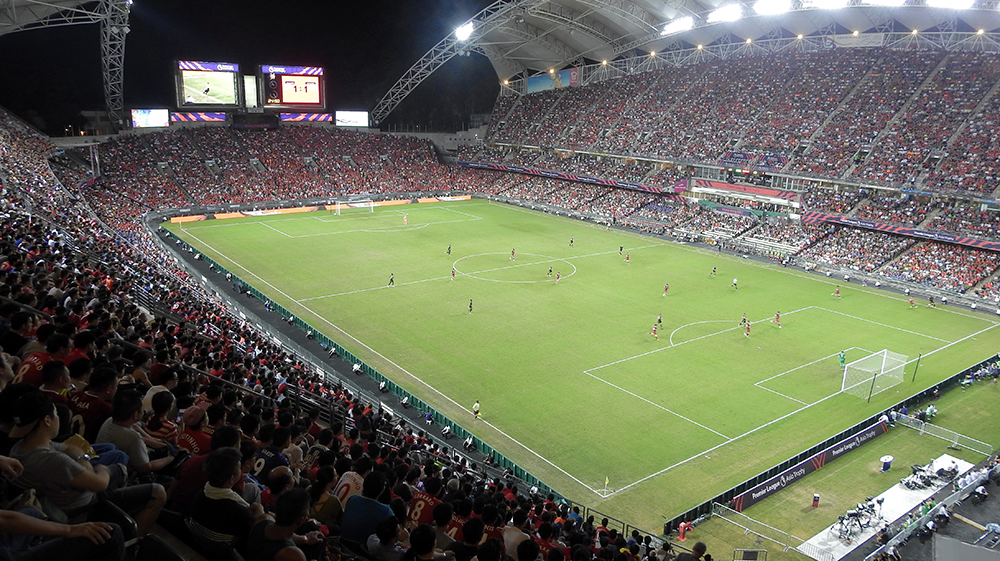A Hong Kong legislator is proposing to increase the duty on football betting in the city by between 50 and 80 percent, telling AGB that the rise in the duty paid could create up to HK$6 billion ($764.49 million) in tax revenue yearly for the SAR.
Currently, the Hong Kong Jockey Club (HKJC) operates the only legal in-person sports betting operations allowed under the SAR’s Gambling Ordinance.
The group’s operations are strictly limited to horse race betting, soccer betting and the Mark Six lottery, with the HKJC effectively holding a monopoly on betting activities since the late 1970s.

New People’s Party legislator Adrian Ho is now questioning whether the government will consider increasing the betting duty, citing previous increases to the tax on soccer matches in 2003, horse racing bets in 2006 and subsequent changes on soccer, horse racing and Mark Six duties carried out between 2003 and 2009.
The lawmaker says that the potential tax revenue income could help offset fiscal deficits the SAR has been racking up over the course of the pandemic, as well as an expected deficit of HK$100 billion ($12.74 billion) this year alone.
Ho proposes that the proceeds of the duty increase could subsequently be “be allocated to support low-income families”.
Being the sole operator of legal betting operations in Hong Kong, the lawmaker notes that the HKJC “has a cash reserve of HK$100 billion ($12.74 billion)”, and that a tax increase on its betting activities would have “no overall impact in my opinion on its operation” noting that it’s “certainly [not worth] losing any sleep [over]”.
The lawmaker has also proposed expanding the number of soccer betting licenses in the city, by taking reference from the experience of neighboring regions and conducting a study on the feasibility of increasing revenue from the betting duty.
In response to the lawmaker’s enquiries, the SAR’s Secretary for Financial Services and the Treasury noted that current duties on horse racing and football matches are charged on net stake receipts, with horse racing duties of 72.5 percent and 75 percent on a progressive basis and 50 percent for football matches.
The official notes that the SAR’s policy ‘has all along been not to encourage gambling, but that it would ‘give prudent consideration to the proposal of adjusting [the] betting duty’.
However, regarding a possible increase to the number of soccer betting licenses in the city, the Secretary notes that it plans to maintain HKJC’s monopoly ‘to prevent competition amongst operators which could stimulate demand for gambling’.
New forms of betting proposed, online gambling off the table
The lawmaker has also told AGB that there is a possibility for further government tax revenue income by “introducing other betting sports such as NBA (basketball) and F1 (Formula 1 racing)”.
While the government does acknowledge that it ‘allows legal and authorized means of gambling in a limited and regulated manner to address public demand, so as to prevent the public from turning to illegal gambling’, it doesn’t appear likely to authorize other forms of legal sports betting.
Regarding the possibility of introducing online gambling, however, lawmaker Ho notes that the activity should be “strictly prohibited”.
According to the HKJC, ‘at least 230,000 local residents patronize illegal gambling websites each month’, with betting losses incurred each year ‘estimated at HK$12 billion ($1.53 billion)’- a figure which it notes could provide up to ‘17,000 additional public housing units, 100 secondary schools and close to 300 elderly homes’.
Even neighboring Macau, which is the only authorized part of China in which casino betting is legal, does not allow online gambling – despite multiple proposals to introduce legislation to change this.
Macau does allow sports betting on football and basketball matches, under Macau Slot, as well as betting on horse racing, under the Macau Jockey Club.
The casino hub had previously allowed betting on greyhound racing before the closure of the city’s only greyhound racing track in 2018.























